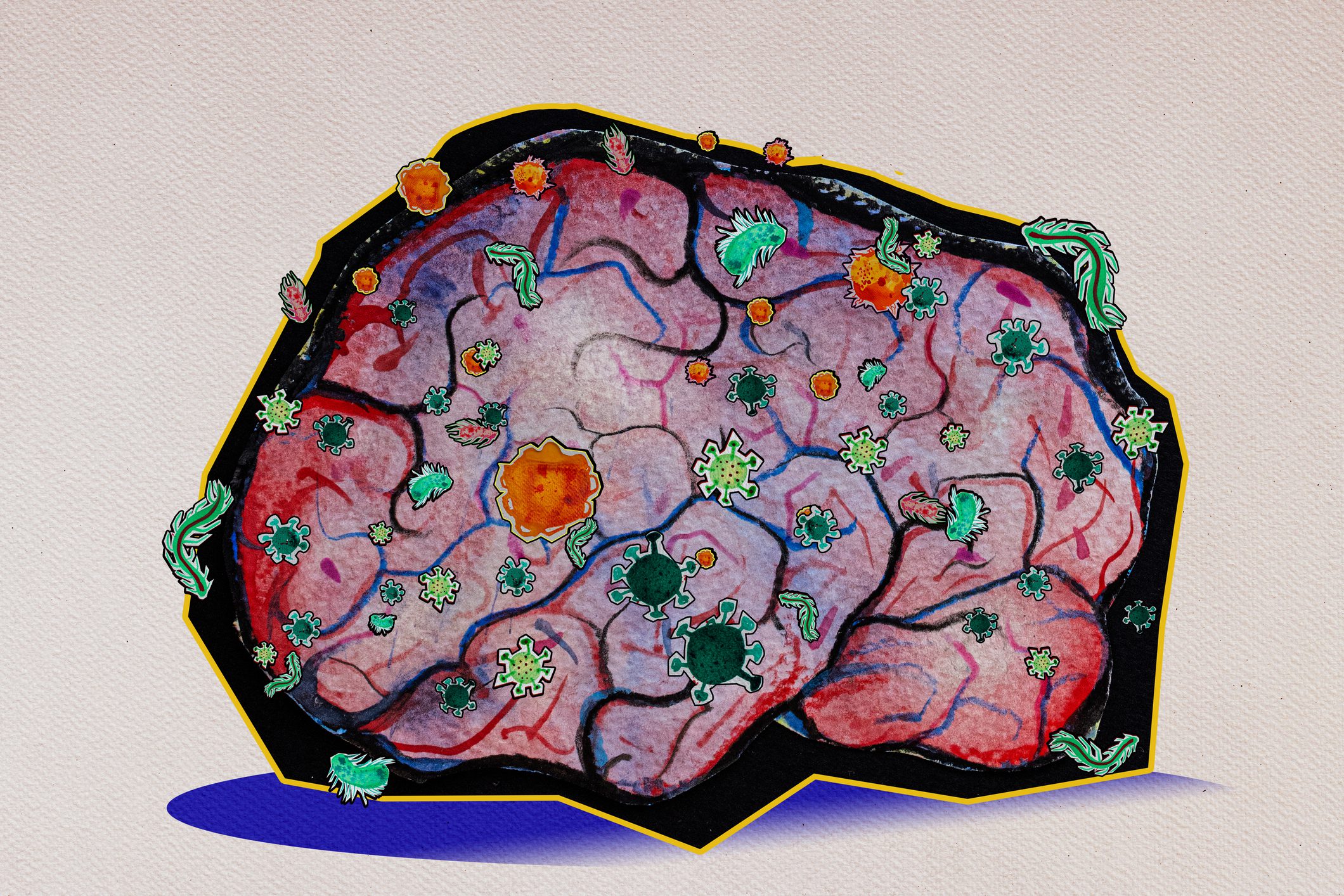Drug de-escalation is primarily driven by the need to spare patients unnecessary toxicity and the associated side effects and repeated hospital visits. However, de-escalation strategies may also have the potential to reduce treatment costs.
Autoren
- Birke Dikken
Publikation
- InFo ONKOLOGIE & HÄMATOLOGIE
Related Topics
You May Also Like
- Important basics and studies on cancer and the psyche
Interplay between cancer and mental illness
- From symptom to diagnosis
Abdominal pain – angiosarcoma
- Pediatric epilepsy
Diazepam nasal spray for infants
- Findings from research on the generalization of exposure therapy
Treatment of comorbid anxiety
- Symptom-free despite asthma?
Asthma treatment requirements have increased
- Phytotherapy for rhinosinusitis
Evidence, active substances and clinical classification for medical practice
- Pulmonary hypertension
PH and lung diseases
- Contact eczema











